
Does Posting on Google My Business Help SEO?
Discover the impact of Google My Business posts on SEO! Boost rankings, visibility & drive traffic with our tips. 📈🔍
Are you looking to increase traffic with SEO? Many website owners don’t realize how powerful and effective search engine optimization can be in driving more visitors to their sites. But if done correctly, it’s one of the most efficient ways to boost your visibility online. In this blog post, we’ll discuss understanding SEO basics, keyword research and optimization techniques, on-page optimization strategies, off-page tactics for increasing website traffic using SEO – all while measuring results so you know exactly what works! With a bit of dedication and patience on your part – let’s get started boosting your site rankings today!

What is SEO?
SEO stands for Search Engine Optimization, and it’s the process of optimizing a website to increase its visibility in search engine results. This includes optimizing content, page structure, meta tags, titles, and more. By improving these elements of your website, you can help boost organic traffic from search engines like Google and Bing.
Benefits of SEO
Search engine optimization has many benefits for businesses looking to improve their online presence. It can help you reach more potential customers by increasing your visibility on search engine result pages (SERPs). Additionally, SEO can also lead to higher conversion rates as visitors are more likely to click on websites that appear at the top of SERPs. Finally, SEO helps build brand awareness as users will recognize your business when they see it appearing in SERP listings regularly.
Types of SEO Strategies
There are several types of strategies used in SEO, including on-page optimization techniques such as creating quality content and improving page load speed; off-page optimization strategies such as building backlinks from high authority sites; keyword research and optimization; tracking performance with analytics tools; and measuring results through analyzing website traffic data or evaluating rankings on SERPs. Each type requires different tactics but all aim towards one goal: boosting organic traffic from search engines so that your business appears higher up in the rankings
SEO is a powerful tool for increasing website traffic, and understanding the basics of SEO can help you get better rankings and more visibility online. Now let’s look at how to apply these concepts in practice to increase your website’s traffic with SEO.
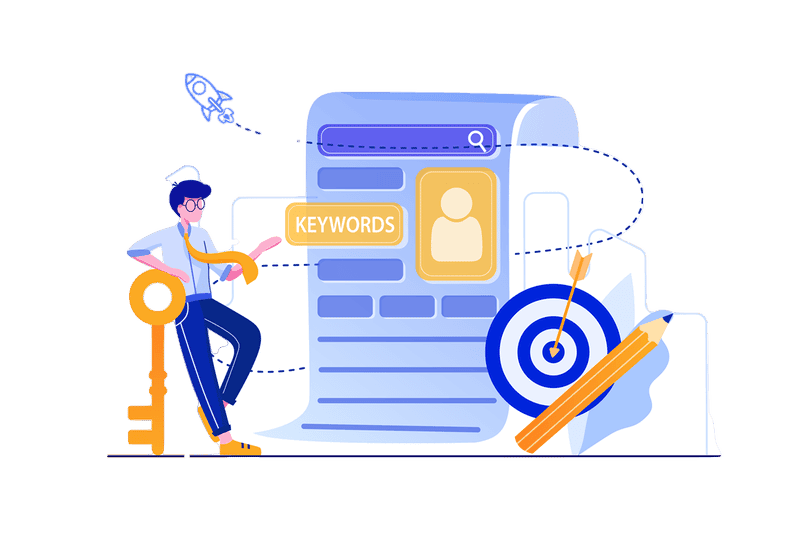
Keyword research and optimization are essential elements of any successful SEO campaign. Identifying relevant keywords is the first step in optimizing content for search engines. Researching and analyzing keyword trends can help you determine which terms to target, as well as how competitive they may be. You should also consider the context of your content when selecting keywords – this will ensure that your message resonates with readers while still being optimized for search engine visibility.
Once you’ve identified relevant keywords, it’s time to optimize your content for those terms. This includes incorporating them into titles, headings, body copy, image captions, meta descriptions and more. You should also strive to create quality content that provides value to readers – this will not only improve rankings but also keep visitors engaged on your site longer.
Finally, tracking performance with analytics tools is key to understanding the effectiveness of your SEO efforts over time. These tools allow you to monitor website traffic data such as page views and bounce rates; evaluate rankings on SERPs; and measure conversions or goal completions from organic searches. By regularly reviewing these metrics, you can adjust strategies accordingly in order to maximize results from SEO campaigns moving forward.
By researching relevant keywords and optimizing content for search engines, you can increase traffic to your website. Next, we’ll look at On-page optimization techniques.
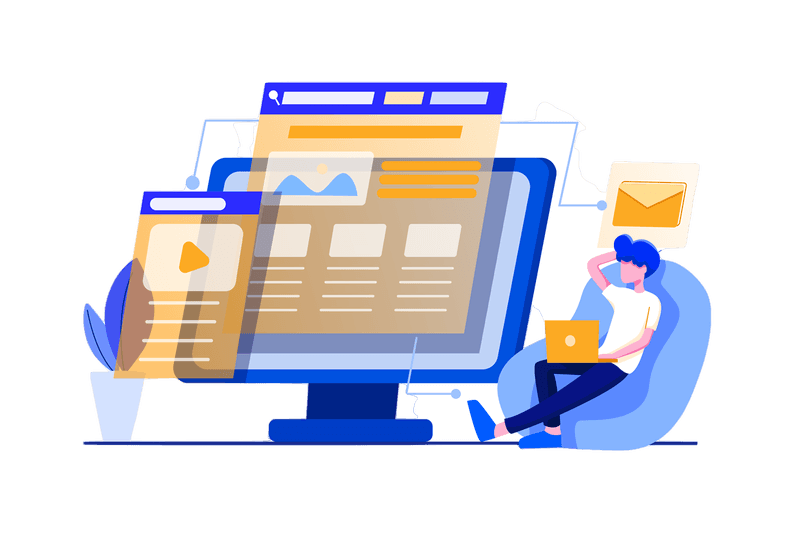
Quality content is essential for achieving higher rankings in search engine results pages (SERPs). To create quality content, it should be well-written, informative, and engaging. It should also include relevant keywords that are used naturally throughout the text. Additionally, images and videos can help to make your content more visually appealing and easier to digest.
Improving Page Load Speed and Mobile Usability: A slow loading page can negatively impact your website’s ranking on SERPs. Therefore, it is important to optimize your website for speed by compressing images and minifying code where possible. Additionally, ensuring that your website is mobile friendly will help you rank better as more people are using their phones or tablets to access websites instead of desktops or laptops.
Internal linking can help search engines understand the structure of a website, which can improve its visibility in SERPs. When creating internal links within a webpage or blog post, use descriptive anchor text so users know what they will find when they click on the link. Additionally, try to link out to other related webpages on your site whenever possible as this could lead to increased conversions or goal completions down the line.
By using on-page optimization techniques, you can ensure that your website is optimized for search engines and provide a better user experience. Now let’s look at off-page optimization techniques to further increase traffic to your site.
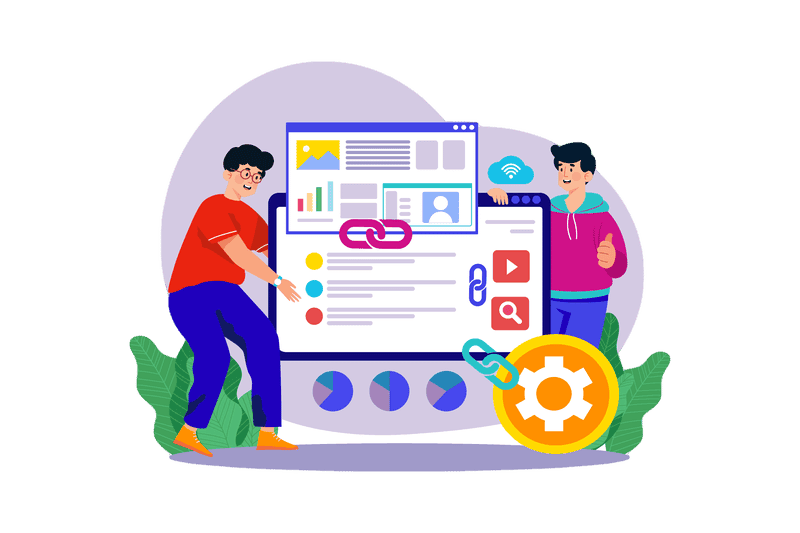
Off-page optimization strategies are essential for any website looking to increase its visibility and traffic. Building backlinks from high authority sites is one of the most effective ways to improve a website’s ranking on search engine result pages (SERPs). By linking your site with other reputable websites, you can establish trustworthiness and credibility in the eyes of search engines. It also helps create more opportunities for people to find your content through external sources.
Leveraging social media platforms is another great way to boost visibility and drive traffic to your website. Social media provides an opportunity for businesses or individuals to share their content with a large audience quickly and easily. Posting regularly on popular networks such as Facebook, Twitter, Instagram, LinkedIn, etc., can help build brand awareness while providing potential customers with valuable information about products or services offered by the business.
Participating in online communities and forums is also beneficial when it comes to off-page optimization strategies. Engaging in conversations related to topics relevant to your industry will help build relationships with other professionals while increasing brand recognition among potential customers who may be interested in what you have to offer. Additionally, answering questions posted by members of these communities can help demonstrate expertise which further strengthens credibility within the industry as well as builds trust between consumers and businesses.
By leveraging off-page optimization strategies such as building backlinks from high authority sites, leveraging social media platforms to increase visibility and traffic flow, and participating in online communities and forums to build brand awareness and authority, you can significantly improve your website’s rankings in search engine results pages. Now let’s look at how to track your SEO performance.
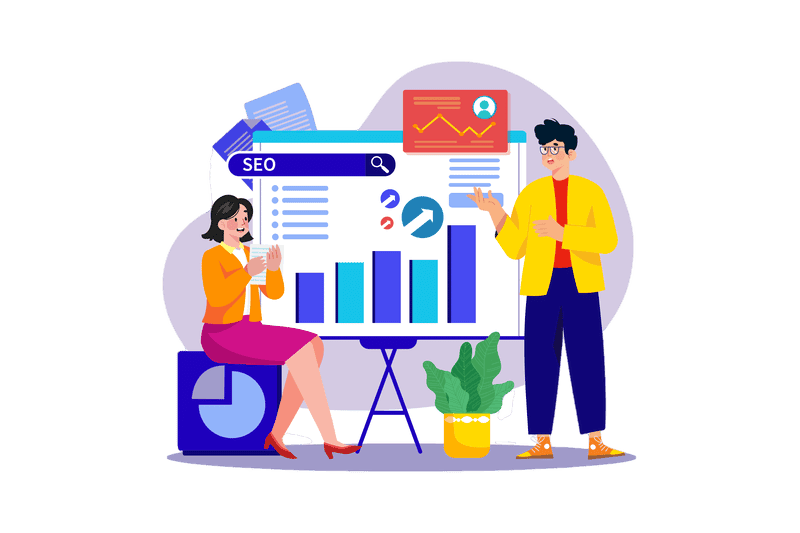
Analyzing Website Traffic Data is an important part of measuring the success of your SEO efforts. By tracking website traffic data, you can gain insight into how visitors are finding and engaging with your content. This data can be used to identify which keywords and pages are performing well, as well as any areas that need improvement. Additionally, it’s important to track changes in website traffic over time to see if there has been a positive or negative impact from recent SEO activities.
Evaluating Rankings on Search Engine Result Pages (SERPs) is another way to measure the effectiveness of your SEO efforts. You should regularly check where your site ranks for relevant keywords so you can see if there have been any improvements since implementing new strategies or making changes to existing ones. It’s also beneficial to compare rankings against competitors so you can get an idea of how competitive the market is for certain terms and phrases.
Monitoring Conversions and Goal Completions is essential for understanding whether or not people who visit your site are taking desired actions such as signing up for newsletters, downloading resources, or purchasing products. Tracking conversions will help you determine which tactics are driving more leads and sales while providing valuable insights into what needs improvement on specific pages or across the entire website.
Measuring your SEO efforts is a crucial part of any successful SEO strategy. By understanding how to analyze website traffic data, evaluate rankings on SERPs and monitor conversions and goal completions, you can gain valuable insights into the effectiveness of your SEO campaigns. Let’s now look at FAQs in relation to increasing your traffic with SEO.
1. Optimize content for search engines: Content is king when it comes to SEO, so make sure your website’s content is optimized for both users and search engine crawlers. This includes using relevant keywords in titles, headings, meta descriptions, and throughout the body of your text.
2. Build quality backlinks: Link building is a crucial part of SEO as it helps boost your website’s authority in the eyes of search engines. Focus on getting high-quality links from authoritative websites to improve rankings and increase visibility online.
3. Improve page speed: Page speed plays an important role in user experience and can also affect how well your site ranks on SERPs (Search Engine Results Pages). Make sure you optimize images, minify code, enable browser caching, reduce redirects etc., to ensure that pages load quickly for visitors.
1.Ensure that all website content is optimized for relevant keywords and phrases, as well as structured correctly with headings, titles, and meta descriptions.
2. Use social media to drive traffic: Utilizing platforms such as Facebook, Twitter, Instagram, LinkedIn etc., can help to increase website visibility and attract more visitors.
3. Invest in paid advertising: Paid ads on Google or other search engines can help boost website rankings quickly and effectively reach a larger audience base than organic searches alone.
4. Create quality backlinks: Quality backlinks from reputable websites will not only improve your domain authority but also direct more people to your site through referrals or shared links.
5. Monitor analytics regularly: Analyzing data such as page views and bounce rates can provide valuable insights into how users are interacting with the website which can then be used to make improvements accordingly
1. Content: Quality content is essential for SEO success, as it helps to attract visitors and encourages them to stay on your website longer. It should be relevant, informative, and engaging in order to improve rankings.
2. Crawlability: Making sure that search engine bots can easily crawl and index your website is key for SEO success. This means optimizing the structure of your site with a sitemap and ensuring all pages are linked together properly so they can be found by search engines quickly.
3. Contextualization: Contextualizing content involves making sure each page has its own unique set of keywords related to the topic at hand, as well as providing links back to other relevant pages on the same subject matter or within the same domain. Doing this will help boost relevance in search engine results pages (SERPs).
1. Start by optimizing your website content for SEO. Make sure to include relevant keywords in titles, headings, and body text.
2. Utilize internal linking within your website to help boost rankings and improve user experience.
3. Create high-quality backlinks from other websites that are related to yours or have a good reputation online.
4. Monitor the performance of your SEO efforts with analytics tools such as Google Analytics or SEMrush so you can make adjustments if needed.
5. Promote your content on social media platforms like Facebook, Twitter, and Instagram to increase visibility and reach more potential customers quickly.
6. Utilize SEO tools such as Ahrefs or Moz to track your progress and find new opportunities for improvement.
By understanding the basics of SEO, researching and optimizing your keywords, using on-page optimization techniques, implementing off-page strategies and measuring results of your efforts you can increase traffic with SEO. With dedication and consistency to these steps you will be able to see an improvement in website rankings over time. The key is to stay focused on the goal of increasing website traffic with SEO so that you can maximize its potential for success.
Are you looking to increase your website traffic with SEO? Look no further! Casey’s SEO can help. We provide helpful tips and tricks that will give you the edge in search engine rankings, driving more visitors to your site. With our expertise and experience, we’ll make sure that your website is optimized for maximum visibility online. Get started today – take advantage of what Casey’s SEO has to offer!
Your one step away to more conversions and more money!

Discover the impact of Google My Business posts on SEO! Boost rankings, visibility & drive traffic with our tips. 📈🔍
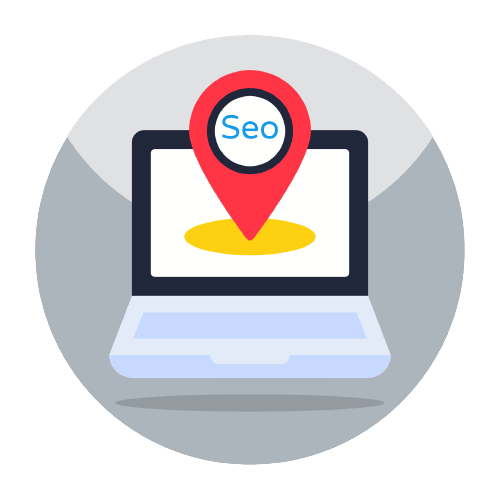
Don’t miss out on the opportunity to increase visibility and stand out from the competition. Learn why local SEO is so important and how to optimize your website for better rankings!

Are you looking for ways to make money doing SEO? It’s no secret that optimizing your website and utilizing the right strategies can be a lucrative venture. But how do you go about it?

Discover the top 5 reasons why your landing pages don’t convert and how to fix them. Learn the best SEO practices to optimize your pages and increase conversions.

Discover the best SEO strategies to increase website traffic and get better rankings. Learn how to use keyword research, on-page optimization, and off-page optimization to maximize your SEO efforts and get results fast!
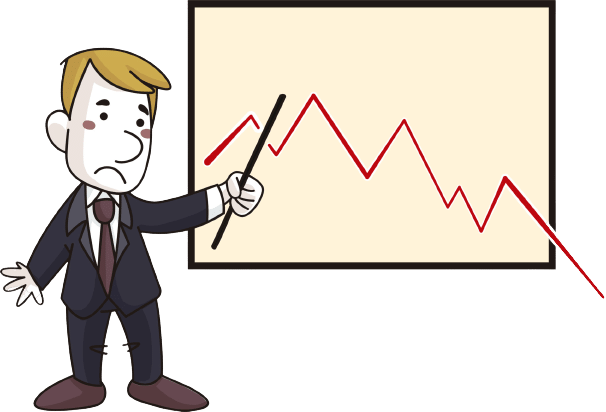
Discover if Google Sites is good for SEO and find out if there are better alternatives to get increase your SEO rankings!
ABOUT US
With over 10 years experience with SEO, PPC and web design, we know how to improve your website rankings and get more leads. Contact Casey's SEO today for a free quote.
Copyright © 2024 Casey’s SEO. All rights reserved.